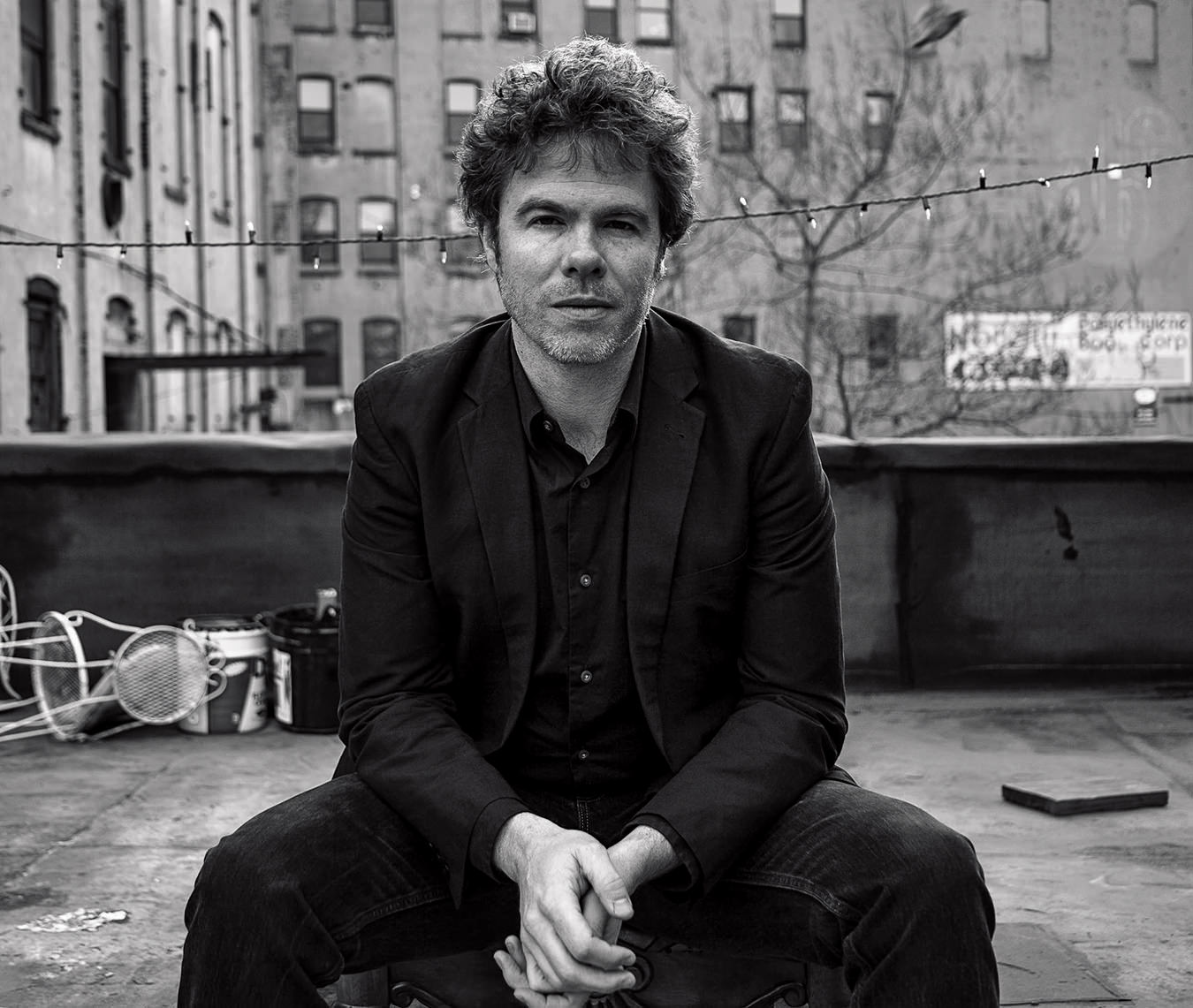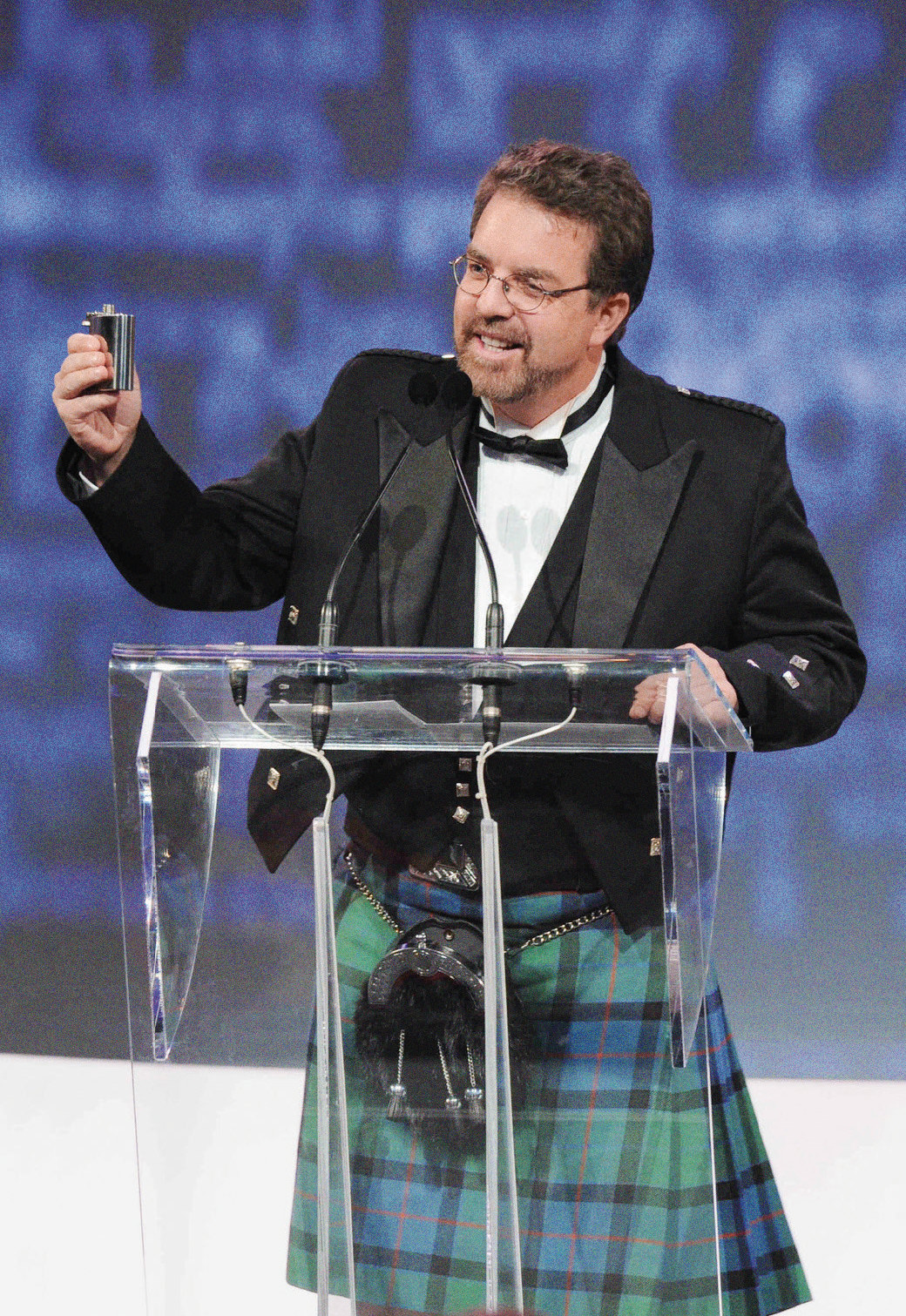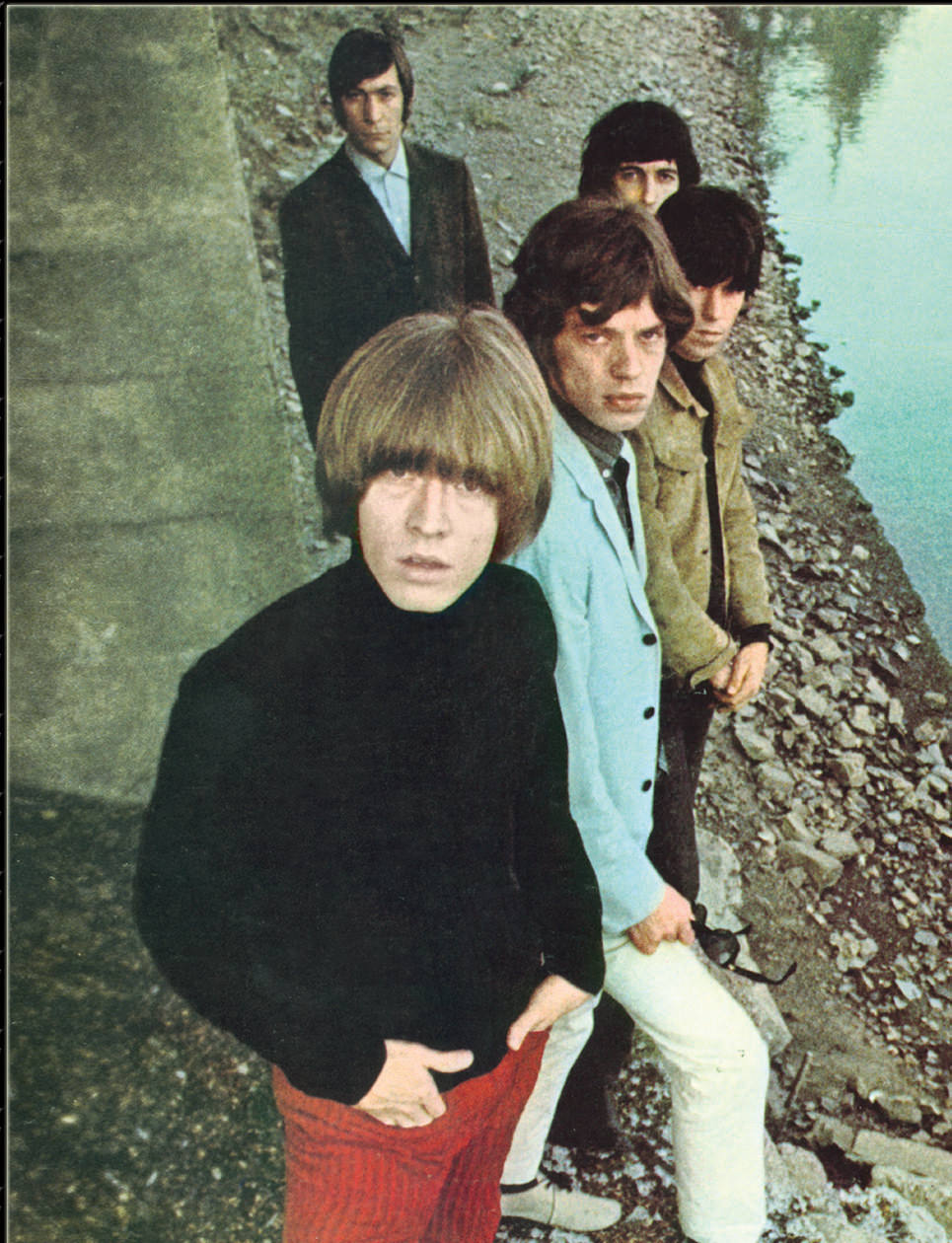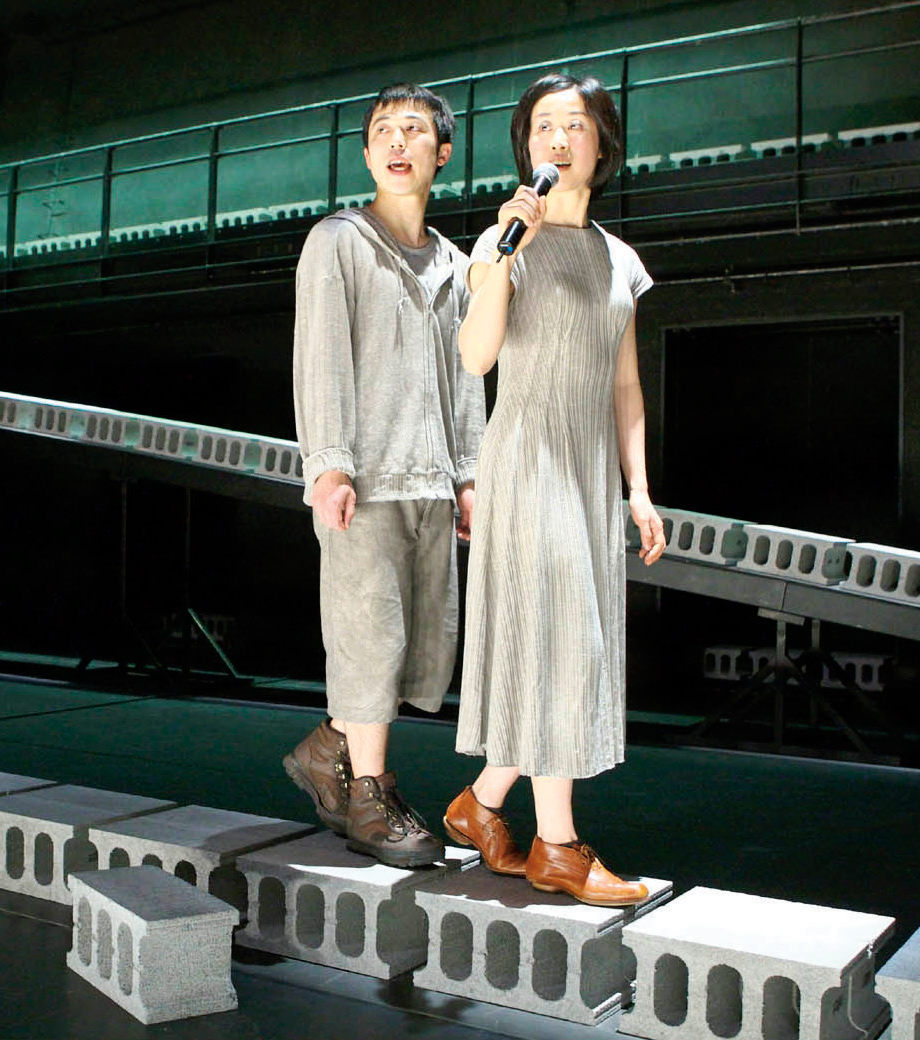Simone Osborne
Soprano rising.
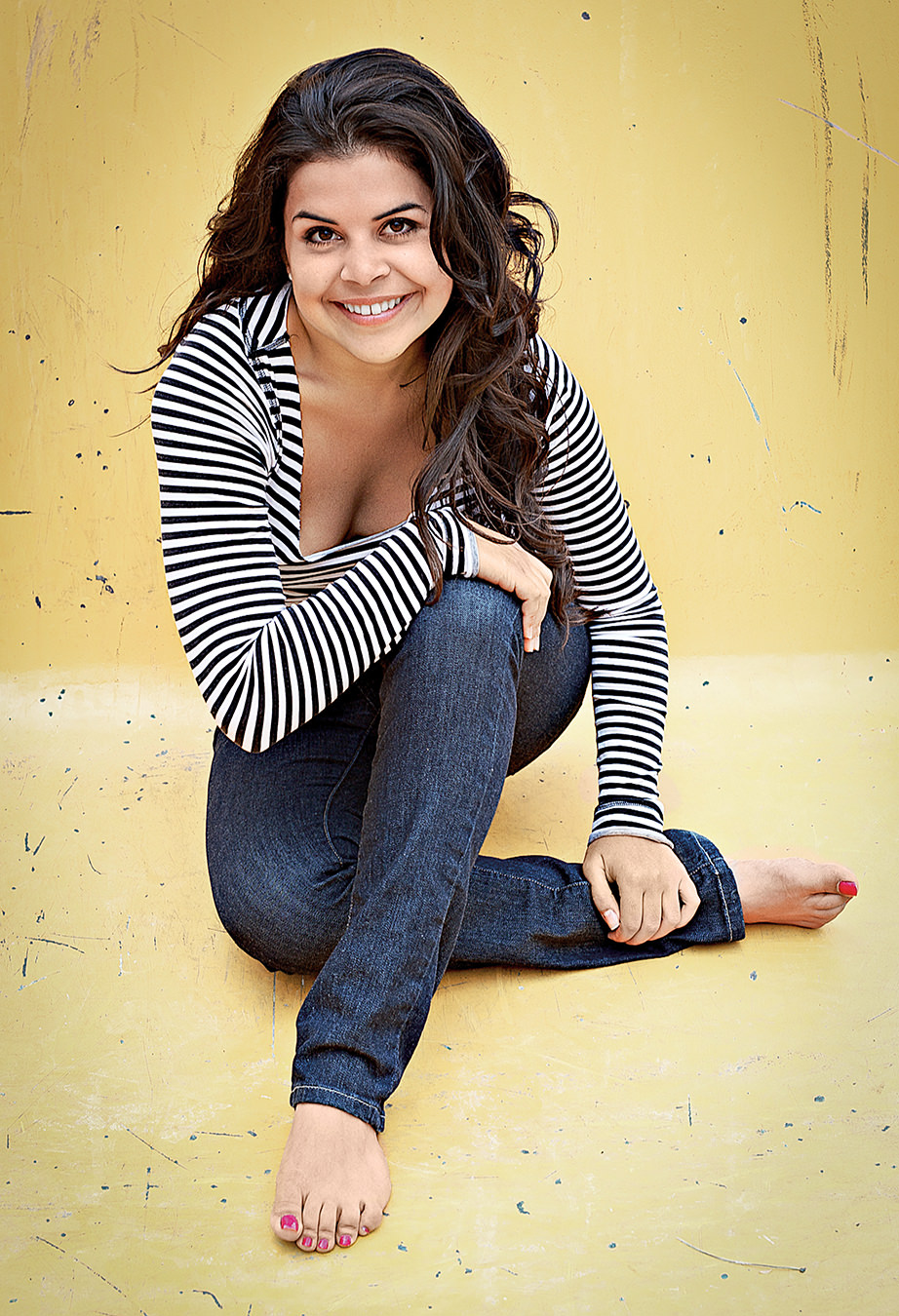
Photo by Connor Beaton.
Twenty-five-year-old soprano Simone Osborne has just finished eight performances at the Four Seasons Centre for the Performing Arts in Toronto, each time stopping the show by singing “O mio babbino caro” in the Canadian Opera Company’s recent production of Puccini’s opera Gianni Schicchi. “I’ve been there,” she says, laughing at the memory of her own childhood growing up in Vancouver and the inevitable pleadings of a 16-year-old daughter to her father. In the opera, the young Lauretta sings of her love for Rinuccio, while a family of greedy relatives can only think of getting their share of a rich Florentine landowner’s estate. For Osborne, her plight was convincing her lawyer father that it was the opera life for her, not the bar. “My dad was relentless for a while in trying to convince me to be a lawyer.” And now? “They love what I am,” she says of her dad and her mom, a science professor at the University of British Columbia.
What she is now is another young Canadian opera singer who could very well be one of the great sopranos of her generation. Not only does she have the voice (“a sweet and clear sound … gleaming sustained high notes,” gushed The New York Times when she won the Metropolitan Opera National Council Auditions at age 21, one of the youngest winners ever), but she has the personality, a radiant intelligence, and what could only be described as a soul destined for greatness. “I’m a bit of a spitfire, a go-getter—my dad describes me as a female version of Felix the Cat,” she says. But she also has the instincts of “a tortoise, not a hare. I had many opportunities after winning the Met Auditions, but I decided to slow down and come back to Toronto, to the COC’s Ensemble Studio program for young, emerging singers because I wasn’t ready in my heart and in my throat for more. It’s such a great stepping stone between school and a professional career.”
Earlier this season, Osborne made the homecoming of her dreams, debuting with Vancouver Opera in the leading role of Juliette in Charles Gounod’s Roméo et Juliette. It was certainly a professional triumph: Lloyd Dykk raved in The Georgia Straight about “her elegant and expressive style, her openness of sound, and her unaffectedly natural acting. This girl’s going places. Watch her.” But it was also a personal triumph. “After opening night, my mom had a party at her house and at one point I looked around and there were friends from 20 years of my life,” she remembers with wonder and gratitude in her voice.
Osborne grew up on the UBC campus (in an apartment with her parents at first, and then in family housing while they attended school). There was no opera in her life—“more the Who and Ella Fitzgerald,” as she remembers it. “I took dancing lessons like all little girls, but also singing lessons.” One day, at age 16, her first voice teacher gave her an opera aria to learn, fatefully the very same “O mio babbino caro” that she sang in Toronto. It was the spark that ignited her singing career. Less than 10 years later, choruses of bravos and waves of applause erupted from the audience as Osborne sang it on Canada’s largest opera stage.
In between her first lessons and today, she credits the program she took at at UBC—a music performance diploma with an opera focus—and her teacher Nancy Hermiston for much of her success. “I wouldn’t be a singer but for the program,” says Osborne. “Nancy believes in putting you on the stage from the beginning. Right away it will kill you or cure you. And then there are the great alumni of the school, like soprano Judith Forst and tenor Ben Heppner, who have helped foster my gift. After every round I won of the Met Auditions, Judy would send me a little gift to encourage me, one being a brooch that spelled ‘DREAM’ in crystals. She still comes to hear me every performance she can, or she writes me or sends gifts. Ben has given me master classes. I always feel like everyone is pulling for me. UBC has been such a blessing.”
Asked if there is such a thing as a soprano personality, she erupts with laughter. “God, yes! Who in their right mind wants to sing in front of 5,000 people? It’s not so much the diva thing, but more to do with the demands and the pressure that you have, to get up on that stage. Sopranos always have that subconscious feeling that you’re carrying the show, like Gilda in Rigoletto, as opposed to Maddalena [the mezzo role].”
Osborne’s role model is the legendary Italian soprano Mirella Freni. “We have similar voice types. She mapped out a career path starting with soubrette Mozart roles to leading Mozart ladies and then bel canto, Donizetti, Mimi, Puccini. You have to fulfill yourself musically, but also build a career. Mirella Freni had a 40-year career. You have to think about these things.”
This past summer, Osborne travelled to Japan to sing in Seiji Ozawa’s Saito Kinen Festival in Matsumoto. Upcoming, she has plans to perform in Verdi’s Rigoletto with Opera Hamilton in October; to travel to Dubai, Abu Dhabi, and the Seychelles, representing the COC at the Stella Maris International Vocal Competition in November; and to perform at the Hallenstadion in Zurich in December for a production called Viva Verdi. Then in January she’ll be at Carnegie Hall, singing in a gala birthday concert tribute to her teacher, mezzo-soprano Marilyn Horne. Osborne is not a shooting star who will flame out after a brilliant burst. Rather, she’s on a steady trajectory, letting her voice, her wise heart, and her trusted mentors guide her along the way.
Photo by Connor Beaton.

